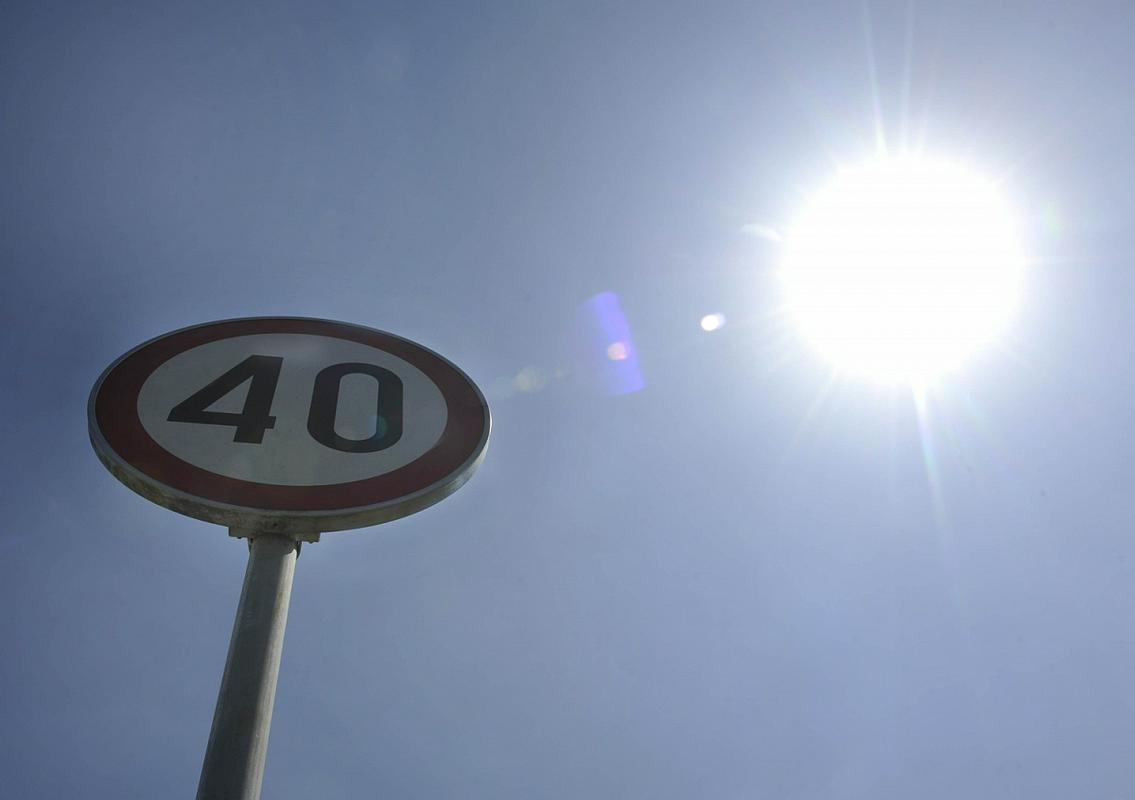
"The climate we live in differs from the climate of our ancestors," explained Tanja Cegnar from Arso. The same is true for Slovenia as well. Gregor Vrtačnik from Arso said that the data obtained from temperature measuring since 1961 show that the atmospheric temperature in Slovenia is higher by 1.7 degrees Celsius, which is above the global average, and it is expected to remain higher in future as well.
According to data the summer temperatures are the highest in the East part of the country, the same goes for the winter, while the spring temperatures increased more uniformly, while the autumns remained relatively unchanged during the mentioned period. The temperatures have risen by 0.34 degrees Celsius per decade.
Climate changes in the world influence Slovenia
The life in Slovenia, which imports most of the food, is influenced by the global changes. The changes will have impact on the price of food, and the availability of water. The number of climate refugees will increase, and political stability as a consequence of natural disasters will be influenced as well.
In order to make the most unfavourable scenario regarding climate changes happen, absolutely no changes need to be made. It is enough just to continue as until now, said Cegnar. In that case some parts of the world would get warmer even by 10 to 11 degrees, and the world ice would probably disappear before the second half of the century. The acidity of oceans could become critical, as even slightest changes of the acidity influence the plankton, and consequently the food chain as a whole.
Klemen Bergant from Arso therefore emphasized that the report on climate changes presents a basis for taking further measures in Slovenia as well. Among the fields which require changes he especially mentioned management of waters.


































































